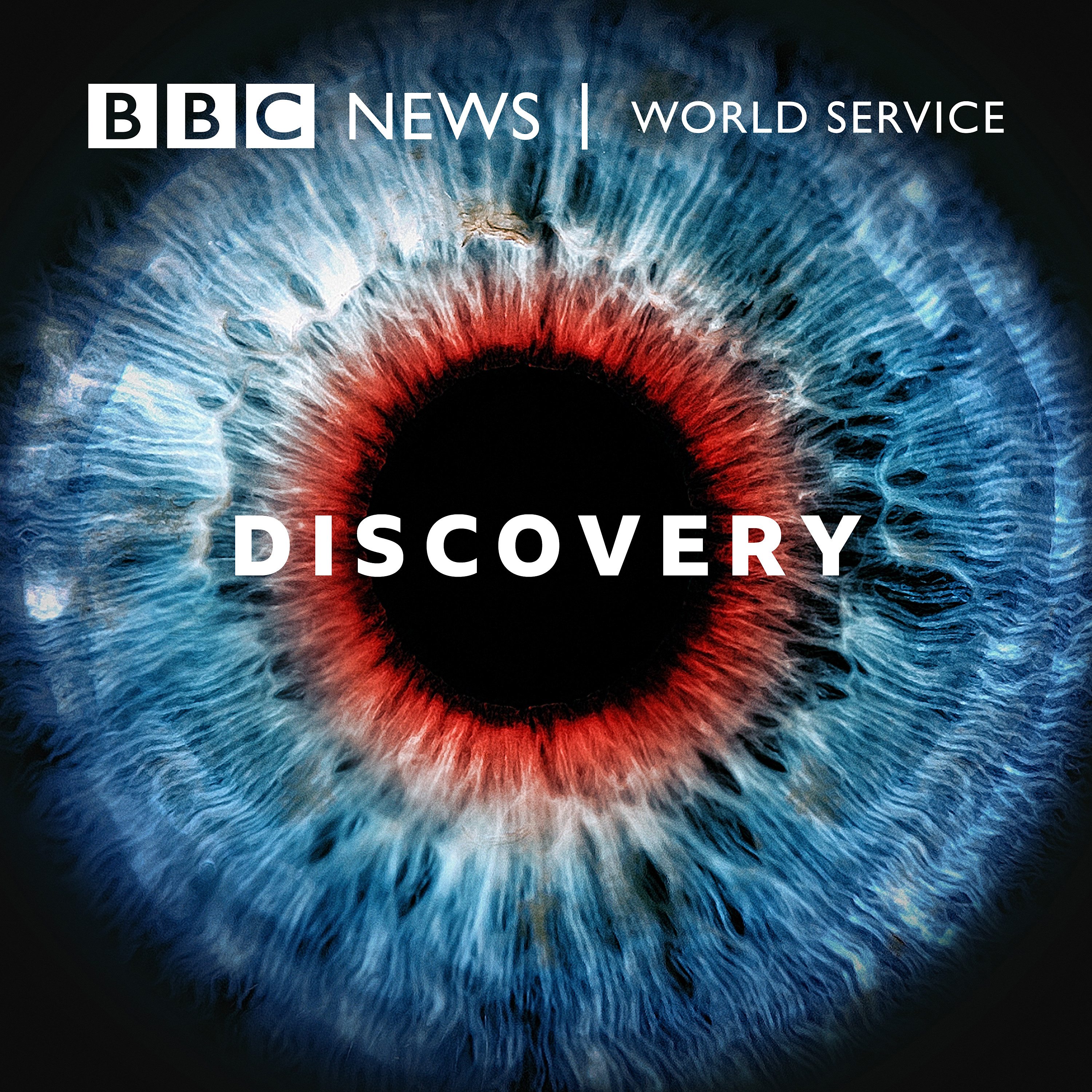
Discovery
Jun 22, 2023
We've been building computers to think like us for years, but our ability to replicate human senses has been impossible. Until now. This technological revolution is starting to profoundly change not only how we interact with the world around us, but is allowing us to see, hear, smell, taste and even touch things we never imagined possible before.
An Artificial Intelligence revolution is super-charging sensing technology, promising us eyes with laser precision, ears that can distinguish every sound in a mile radius and noses than can sniff out the early signs of forest fires before the first flame forms.
Evolutionary biologist and broadcaster Prof Ben Garrod, is off to meet some of these sensory innovators and technological pioneers. The archaeologists, ecologists and medics, who are turning our world upside down and inside out.
In episode one, Ben tries seeing further. The visible world to us is tiny, and we are able to detect just a fraction of the light spectrum that is out there. But new technology is pushing the boundary of what is visible. Ground penetrating LIDAR arrays are helping us to peel back the layers of planet Earth, and see the remains of ancient civilisations, previously invisible to us. The same technology is being used on the moons of Jupiter to provide 3D maps of the craters of faraway worlds. In the forests of west Africa, we meet the psychologists using infrared to monitor the stress levels of silverback gorillas being returned to the wild. And in a lab in central London, we meet the extraordinary animals that see hidden patterns in the natural world and perhaps even fields that are entirely invisible to us.
Could these new technologies be redefining what it is to see, hear, smell, and feel? Ben takes us through the amazing adaptations and development under the bonnet, and speculates where else these all seeing eyes may yet gaze.
Presenter: Professor Ben Garrod Producer: Robbie Wojciechowski Production co-ordinator: Jonathan Harris
(Image: Concept illustration of eye seen through clouds. Credit: Hans Neleman/Getty Images)

